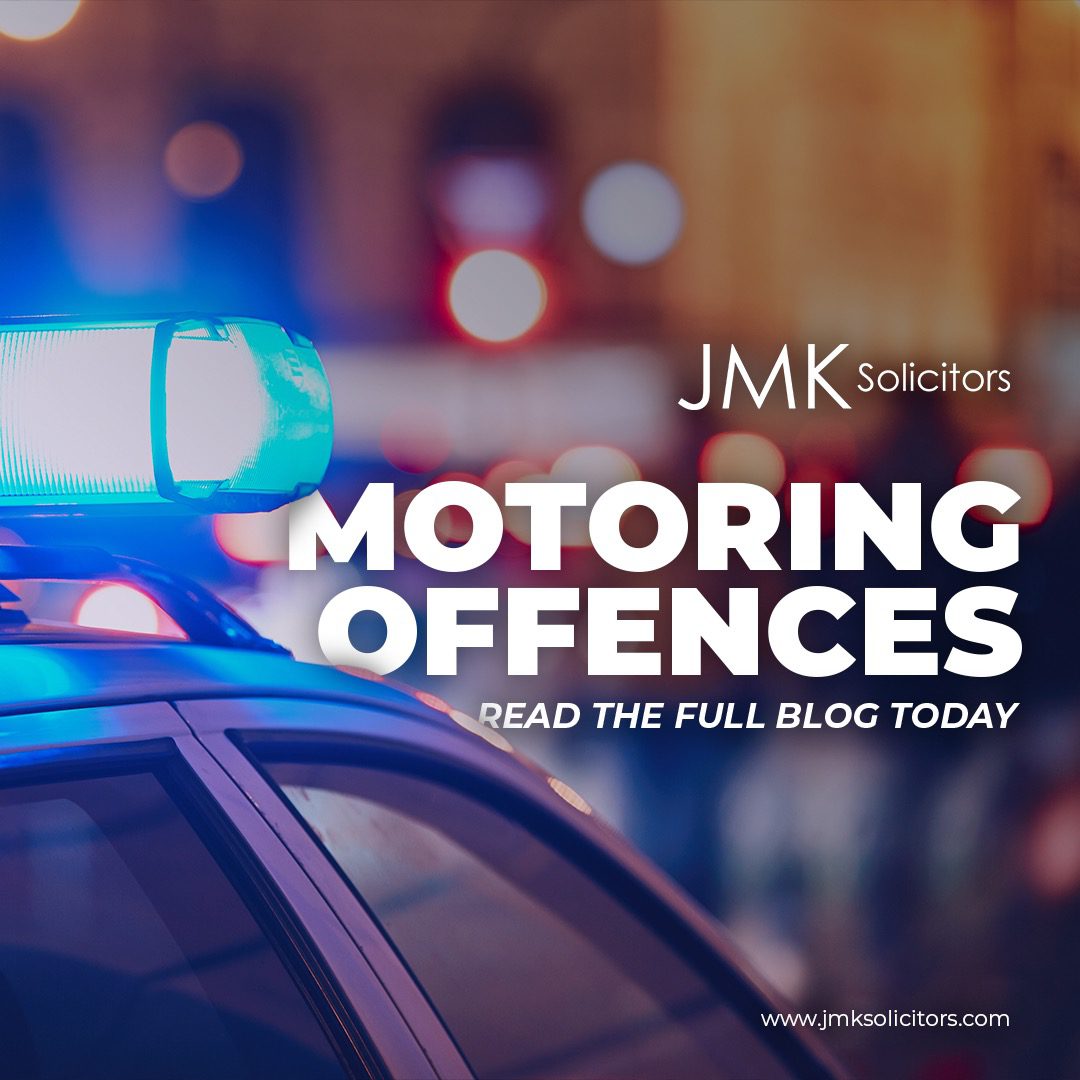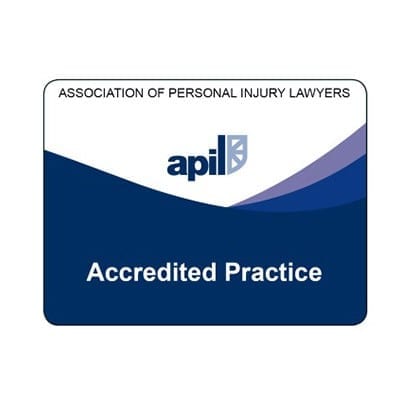
The police can stop a vehicle for any reason.
If they ask you to stop, you should always pull over. You’re breaking the law if you don’t!
If you’re stopped, the police can ask to see your:
- Driving licence
- Insurance certificate
- MOT certificate
If you don’t have these documents with you, you have 7 days to take them to a police station. You’re breaking the law if you don’t show the requested documents within 7 days.
The police can also give you an on-the-spot fixed penalty notice for many minor offences and make you take a breath test in certain circumstances.
Breath tests
The police can stop you at any time and ask you to take a breath test (‘breathalyse’ you) if:
- They think you’ve been drinking
- You’ve committed a traffic offence
- You’ve been involved in a road traffic collision
If you refuse to take a breath test or fail to supply a sample of breath and don’t have a ‘reasonable excuse’, you can be arrested. A reasonable excuse could be a genuine physical or mental condition stopping you from giving a sample.
The breath test gives a result straight away. If it shows you’re not over the drink-drive limit, you must be allowed to go.
If you fail the breath test, you’ll be taken to a police station and required to provide 2 more breath tests. If they’re positive, you may be charged.
If you fail a breath test you can’t drive your car until you are sober. You can ask someone else to collect your car for you.
Minor motoring offences
Once you have put in the hard work and expense of passing your test, it is important to know that you need to keep on the right side of the law and obey the rules to ensure that you keep your licence.
The police can give you a ‘fixed penalty notice’ for many of the less serious traffic offences. If you get a fixed penalty notice this can result in a fine and/or penalty points on your licence.
However, for minor offences, the police also have the option of:
- Taking no action
- Offering driver training (in some cases)
- Prosecuting you
If you disagree with a fixed penalty notice,
you can choose not to pay the fixed penalty if you believe that it was given unjustly, but you’ll have to argue your case in court.
If you accumulate 12 or more penalty points within a period of 3 years you will be disqualified from driving.
As a new driver if you collect a total of 6 penalty points within your first 2 years of passing your driving test you will revert to learner status.
A further financial hit is that penalty points should be declared to your insurance company and they will affect the cost of your car insurance, usually for 3 years, unless you have received a conviction for the offence in which case you will need to declare these for a longer period of time.
If you have received a conviction you should refer to the Rehabilitation of Offenders Act to see when your conviction will become spent.
Unspent convictions need to be declared to your insurer. An insurer will not hold a spent conviction against you when setting your premium or offering you cover.
How long do endorsements stay on your driving licence?
Penalty points issued as a result of a Fixed Penalty remain on your driving record for 3 years. They will normally date back to the date of the offence. Where you’ve been disqualified from driving this will be recorded on your driving record for a minimum of 4 years and up to 11 depending upon the severity of the offence. The date will commence upon your conviction at court.
If you want to find out more about endorsements and how they can affect you visit: www.nidirect.gov.uk/endorsements-and-penalty-points
When the police can seize your vehicle
The police can seize a vehicle if they think it’s being used in a way that causes alarm, harassment or distress (eg careless or inconsiderate driving).
They can also seize a vehicle if they think it’s:
- Dangerously, illegally or obstructively parked
- Broken-down or abandoned
- Being used or kept on a road / public place when uninsured
If your vehicle is seized there’s a ‘release fee’ of up to £200 plus a storage fee of £21 for every day or part day.
Source: www.nidirect.gov.uk
JMK Solicitors are Northern Ireland’s Number 1 Personal Injury Specialists. With a team of over 100 people including a team of personal injury solicitors, we assist clients all over Northern Ireland. If you have suffered a personal injury, been in a road traffic accident, or had an accident at work, contact our team for a free consultation.
Call us today on 028 9032 0222 or email us law@jmksolicitors.com..














